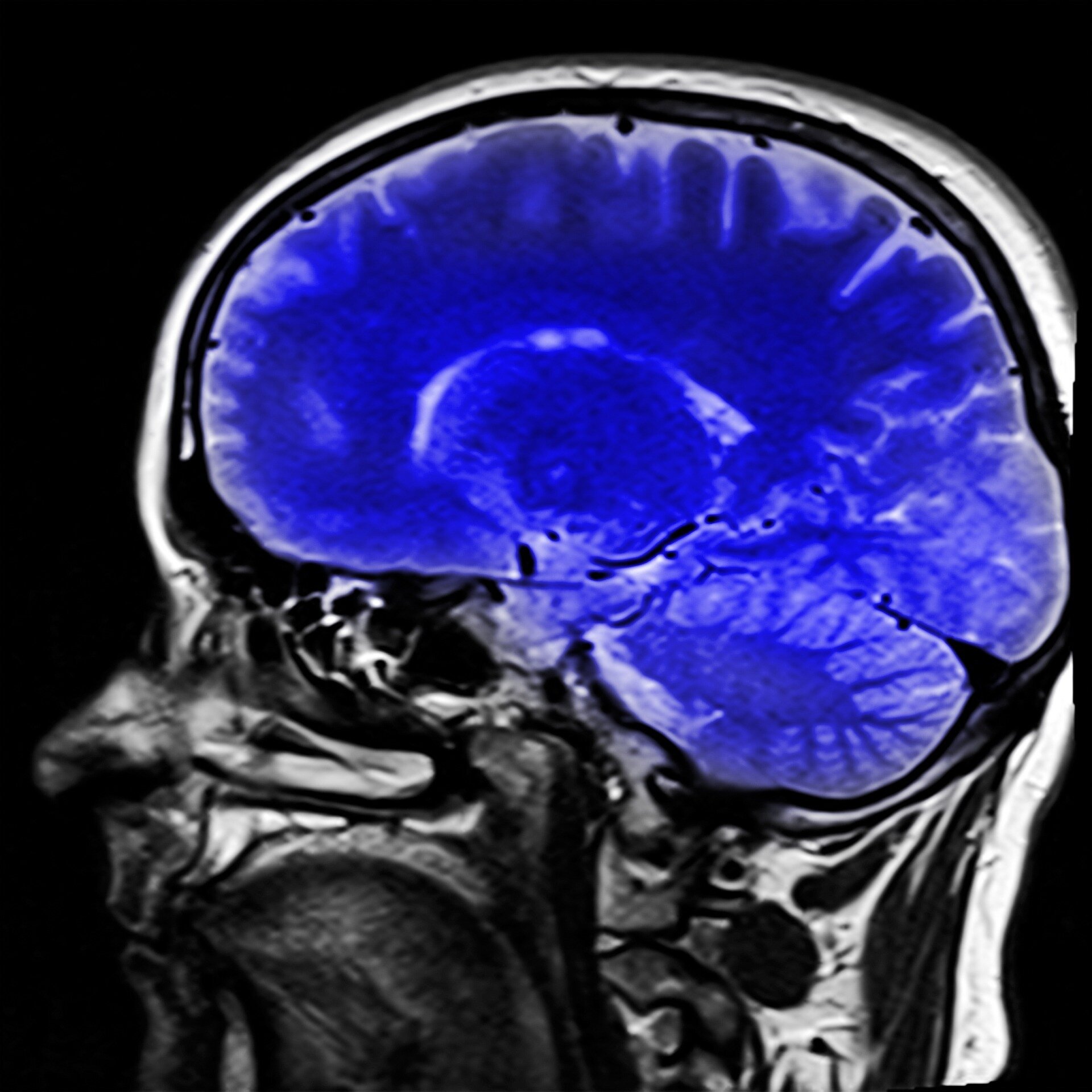In a recent article, Kessler Foundation scientists advocated for the incorporation of virtual reality (VR) technology in cognitive rehabilitation research in multiple sclerosis (MS). They presented a conceptual framework supporting VR as an adjuvant to traditional cognitive rehabilitation and exercise training for MS, theorizing that VR could strengthen the effects of traditional rehabilitative therapies by increasing sensory input and promoting multisensory integration and processing.
MS and exercise researchers Carly L.A. Wender, PhD, John DeLuca, PhD, and Brian M. Sandroff, PhD, authored the review, “Developing the rationale for including virtual reality in cognitive rehabilitation and exercise training approaches for managing cognitive dysfunction in MS,” which was published open access on April 3, 2022 by NeuroSci as part of the Special Issue Cognitive Impairment and Neuropsychiatric Dysfunctions in Multiple Sclerosis.
Current pharmacological therapies for MS are not effective for cognitive dysfunction, a common consequence of MS that affects the daily lives of many individuals. This lack of efficacy underscores the need to consider other approaches to managing these disabling cognitive deficits.
The inclusion of VR technology in rehabilitation research and care for MS has the potential not only to improve cognition but to facilitate the transfer of those cognitive gains to improvements in everyday function, according to Brian Sandroff, PhD, senior research scientist in the Center for Neuropsychology and Neuroscience Research at Kessler Foundation. “With VR, we can substantially increase engagement and the volume of sensory input,” he foresees. “And by promoting multisensory integration and processing, VR can augment the effects of the two most promising nonpharmacological treatments — cognitive rehabilitation and exercise.”
Virtual environments are flexible and varied, enabling investigators to control the range and progression of cognitive challenges, with the potential for greater adaptations and stronger intervention effects. VR also allows for the incorporation of cognitive rehabilitation strategies into exercise training sessions, which may support a more direct approach to improving specific cognitive domains through exercise prescriptions. The application of VR to stroke research has shown more improvement in motor outcomes compared with traditional therapy, as well as greater neural activation in the affected area of the brain, suggesting that greater gains may persist over time.
Dr. Sandroff emphasized the largely conceptual advantages for the use of VR to treat cognitive dysfunction in individuals with MS. “More clinical research is needed to explore the efficacy of combining VR with cognitive rehabilitation and/or exercise training, and the impact on everyday functioning on individual with MS,” Dr. Sandroff concluded. “The conceptual framework we outline includes examples of ways immersive and interactive VR can be incorporated into MS clinical trials that will form the basis for larger randomized clinical trials.”

